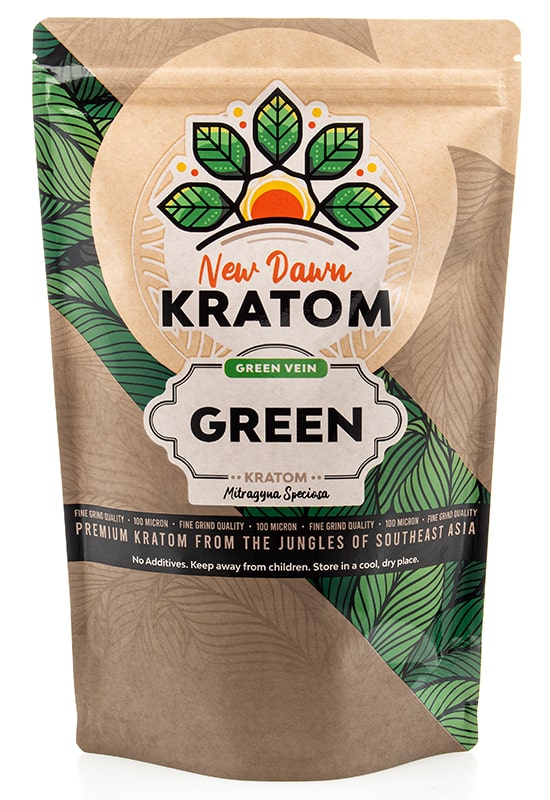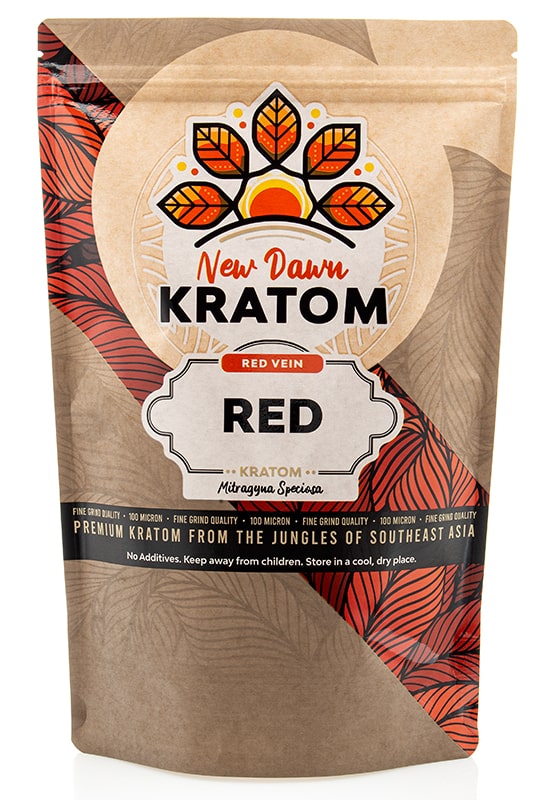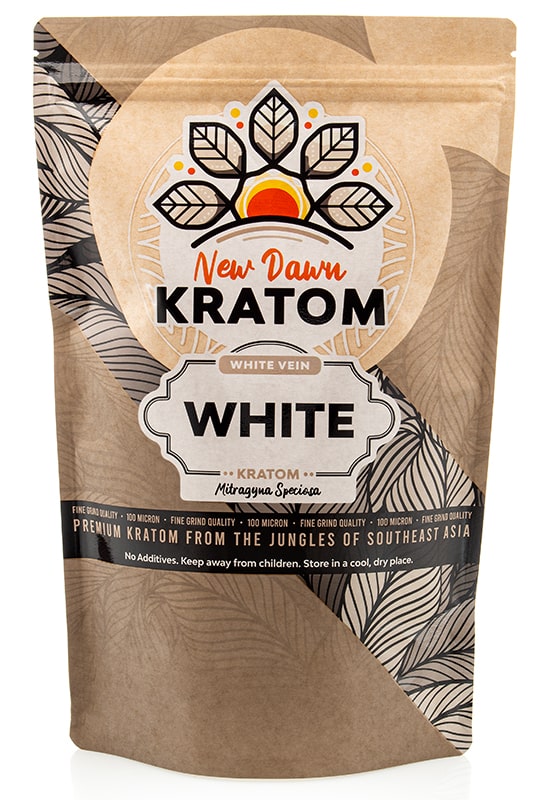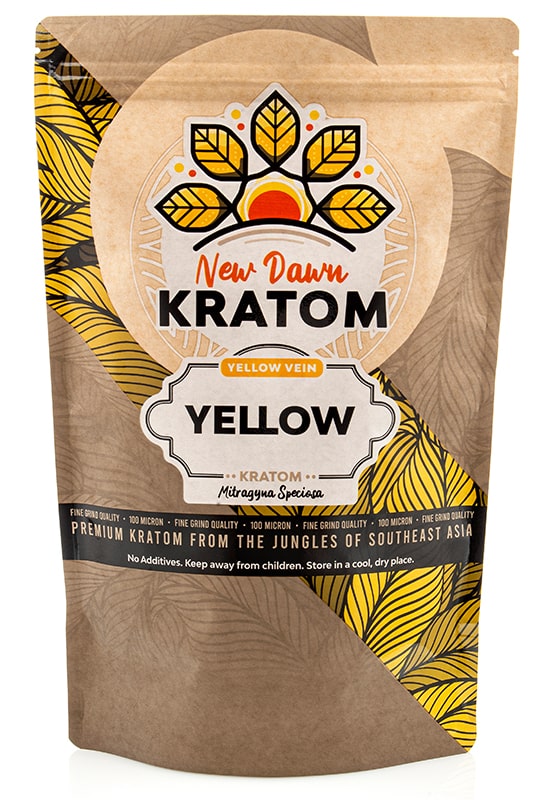Study estimates reveal that close to two million Americans use kratom. From adults to seniors, corporate staff to employers, kratom use continues to creep into every sector of society.
The legality of kratom for federal employees, however, remains a gray area. Many of them seem to be unsure about what the rule of law says regarding their use of kratom.
Is Kratom Legal for Federal Employees?
Since kratom is legal at the federal level, federal employees have full rights to consume the plant without the fear of crossing legal boundaries. For clarity, federal employees are those who are employed by any of the three branches of the U.S. government.
However, since kratom has been opposed by the FDA and DEA, many government officials are skeptical about using it. And those who use it often feel shy about endorsing the products or using them in public.
That being said, kratom’s use is strictly prohibited for military personnel. That’s because it’s considered a mind-altering substance, and consuming it is a breach of the military code of conduct.
Below, we shed light on the legal issues federal employees must consider before consuming kratom.

Legal Issues Federal Employees Must Consider Before Consuming Kratom
Is Kratom Legal at the Federal Level?
According to U.S federal law, kratom is not a controlled substance. As such, kratom products are widely available online and in-store.
Controlled substances are basically unlawful or prescription drugs regulated under the U.S Controlled Substances Act (CSA). This Act classifies all controlled substances into five schedules. The schedule the drug falls under depends on its potential medical application, its likelihood for abuse, and how easily users may become reliant on it.
The government funds clinical experiments for controlled substances before scheduling. These clinical experiments examine the potential applications and usefulness of the active compounds of a given substance. They also reveal whether a substance leads to dependence or withdrawal symptoms.
The U.S federal government has not yet conducted a conclusive human clinical trial for kratom. So it cannot allege any particular benefits or effects of this herbal supplement. This explains why kratom is not among the listed schedules of controlled substances. Thus, kratom use is federally legal.
Kratom Opposition by Government Agencies
Despite kratom being legal at the federal level, it faces stiff opposition from two major government agencies.
U.S Drug Enforcement Administration (DEA)
In 2016, the DEA declared its intention to list kratom as a Schedule 1 drug, alongside drugs like marijuana, heroin, ecstasy, and LSD. Under this new classification, the sale and possession of kratom would become unlawful.
However, there was an immediate public backlash to the intended kratom ban. And the DEA withdrew its intention to ban kratom just a month later. The DEA has not yet published any final decision on the status of kratom. It has only labeled kratom as a “drug of concern.”
U.S Food and Drug Administration
The FDA continues to warn against the use of kratom. The agency maintains that kratom has active compounds that expose users to the dangers of abuse, addiction, and dependence.
Currently, there are no approved uses for kratom, according to FDA. The agency has gone on to seize kratom products marketed as drug supplements. And issue warning letters to vendors and suppliers.
Varying State Laws on Kratom
Because of the indecision by the federal government, states have taken it upon themselves to regulate kratom use. So the legality of kratom may depend on your location.
Generally, kratom is legal in most states. Some states have regulated its use, while others have imposed a total ban.
The states that have a blanket ban on kratom include:
- Wisconsin
- Vermont
- Rhode Island
- Indiana
- Arkansas
- Alabama
Besides these six states, three U.S counties have also imposed a ban on kratom. These include:
- Sarasota County, Florida
- San Diego County, California
- Franklin County, New Hampshire

The Bottom Line
Kratom is not on the list of scheduled controlled substances. As such, it is legal for federal employees and anyone else to consume kratom at the federal level.
However, the DEA and FDA warn against the use of kratom-related products, citing adverse effects. Currently, there are no FDA-approved uses for kratom yet. Moreover, six states have imposed a blanket ban on kratom, while other states regulate it.
All these different situations create an uncertain legal landscape for kratom. That’s why federal employees are not willing to openly use or support kratom-related products for fear of breaching legal boundaries. At the end of the day, more clinical studies on kratom are necessary to establish its potential benefits, side effects, and safe dosage.




